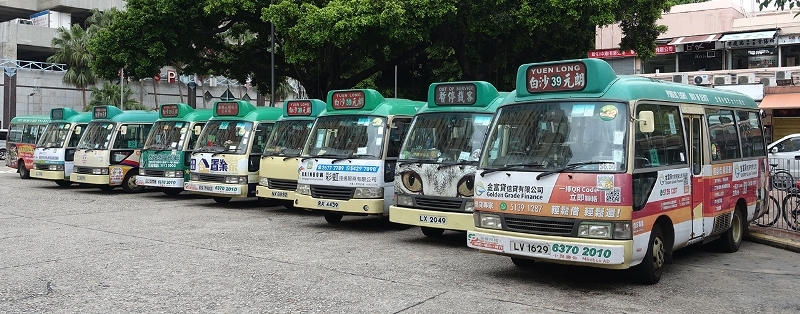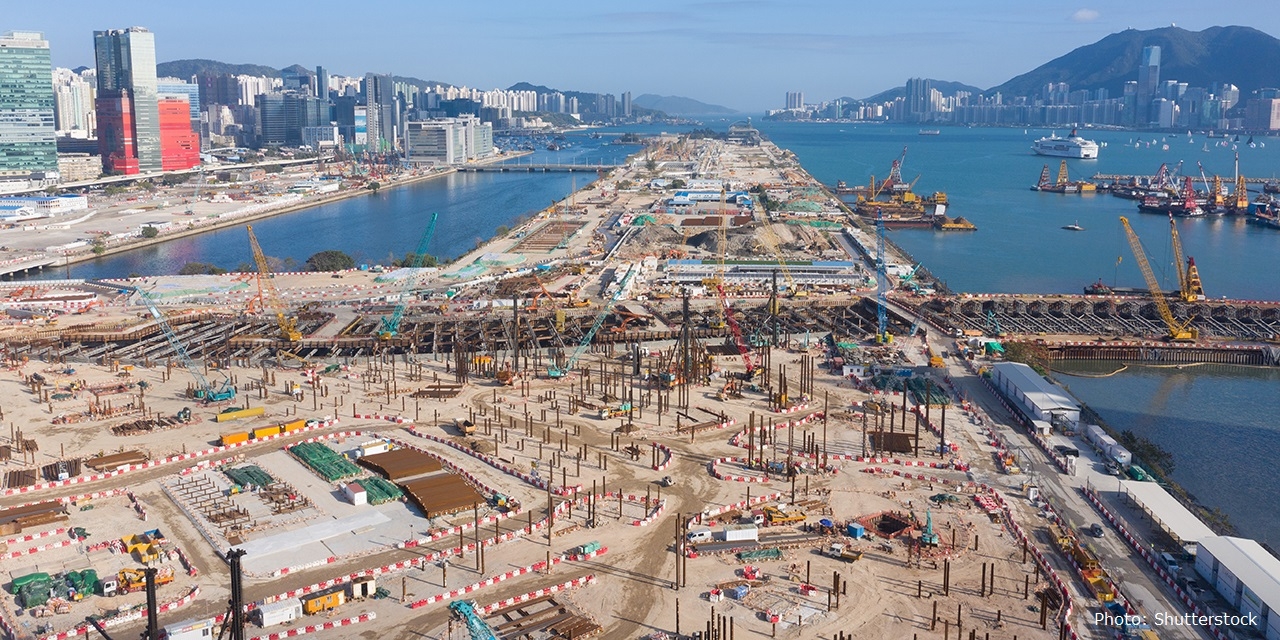The Hong Kong Special Administrative Region Government has announced that it will implement the Industrial Labour Importation Scheme for the construction and transport industries, with a quota of 20,000. The government will launch the scheme this month, and be reviewed within six months after its launch.
The SAR government has also optimised coverage and operation of the Supplementary Labour Scheme, which will be launched in the third quarter of this year and will be reviewed in due course before the expiry of the two-year period of the scheme to solve the serious shortage of manpower in many industries.
Construction, transport
Secretary for Labour and Welfare Chris Sun said: “Due to the ageing population, Hong Kong has experienced a structural shrinkage of the labour force. The local labour force (excluding foreign domestic helpers) has fallen from a peak of 3.68 million in 2018 to 3.46 million in 2022. The low-skilled labour force has decreased by about 160,000.
“In order to alleviate the shortage of manpower, the government has strengthened training and employment services. We also plan to increase the monthly limit of retraining allowances for trainees of designated Employees Retraining Board courses to encourage and support more employees receive training to enhance their employability. However, we still need to take other relevant measures to ensure that labour supply can support Hong Kong's long-term development.”
Hong Kong Chief Executive Mr John Lee pointed out in his Policy Address last year that many industries in Hong Kong faced staff shortages. The relevant policy bureaus will listen to the opinions of the industry and propose solutions according to the situation of different industries.
In addition to the Special Scheme for Importing Nursing Workers for Residential Institutions the Labour and Welfare Bureau launched last month, the Development Bureau and Transport and Logistics Bureau will also launch the Industry Labour Importation Scheme.

The scheme will allow employers in the construction and transport industries to apply for imported labour quotas if they meet specified criteria. The upper limit of quotas for the labour importation plan for the two industries is 20,000, of which 12,000 are for the construction industry, 8,000 for transport, of which 6,300 are for the aviation industry and 1,700 for the public light bus/bus industry.
Employers must sign a standard employment contract with imported workers and have to pay the “employee retraining levy” at the beginning of the contract period. The manpower ratio is generally consistent with the Supplementary Labour Scheme, that is, 1:2 (one imported worker to two full-time local employees). The wages of imported laborers must not be less than the monthly median wages of relevant positions in Hong Kong.
Supplementary Labour Scheme
The government will also optimise coverage and operation of the Supplementary Labour Scheme by suspending the stipulation that 26 job categories and non-skilled/low-skilled jobs under the Supplementary Labour Scheme are generally not allowed to import labour for two years and strengthening dissemination of application information to employers, streamline the procedures for verifying application materials and optimise the work process of consulting the LAB.
Mr Sun said other major provisions of the Supplementary Labour Scheme will remain unchanged. The Labour Department will publish performance indicators and complete the processing of applications that pass the screening under the scheme within three months. The Supplementary Labour Scheme will be renamed the Supplementary Labour Enhancement Scheme.
Local labour first
Deputy Financial Secretary Michael Wong emphasised that while implementing new policies and arrangements, the SAR government would adhere to the principle of local labour priority. Importing labour in a regulated manner is a policy that the SAR government cannot ignore to ensure that the economy has sufficient momentum to move forward.
He said the government would maintain a multi-pronged strategy, including promoting training and retraining, providing appropriate employment support and promoting the application of technology to improve productivity, deal with the problem of manpower shortage. On the premise of ensuring that local employees had priority in employment, the government will formulate appropriate measures according to manpower supply and demand.
Related links
Labour Department

